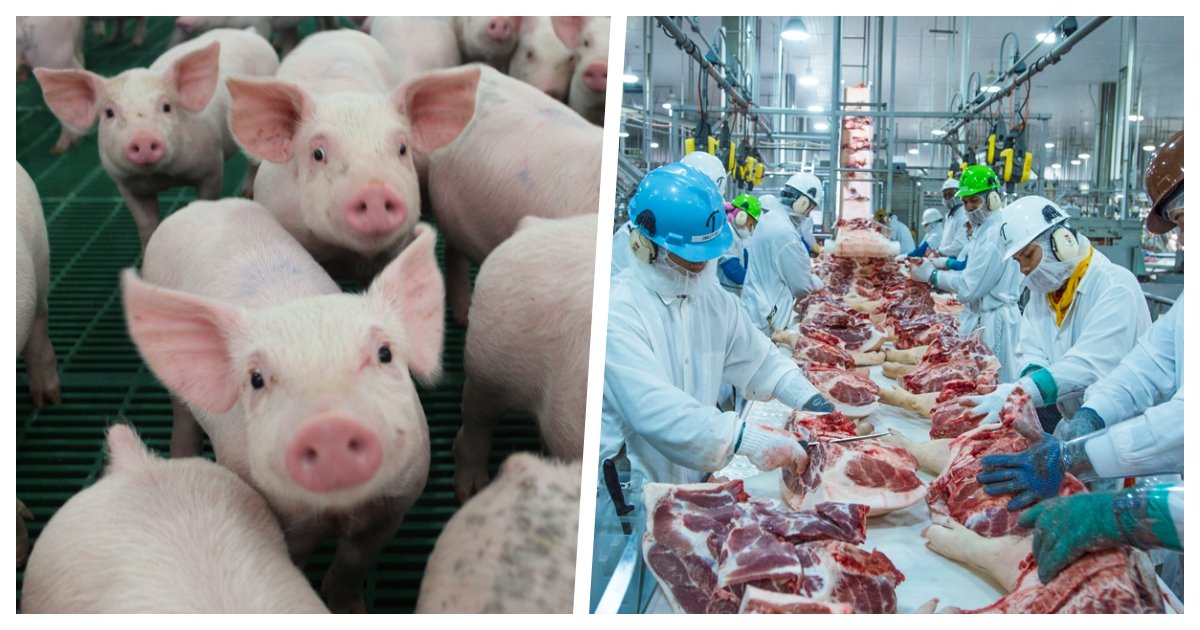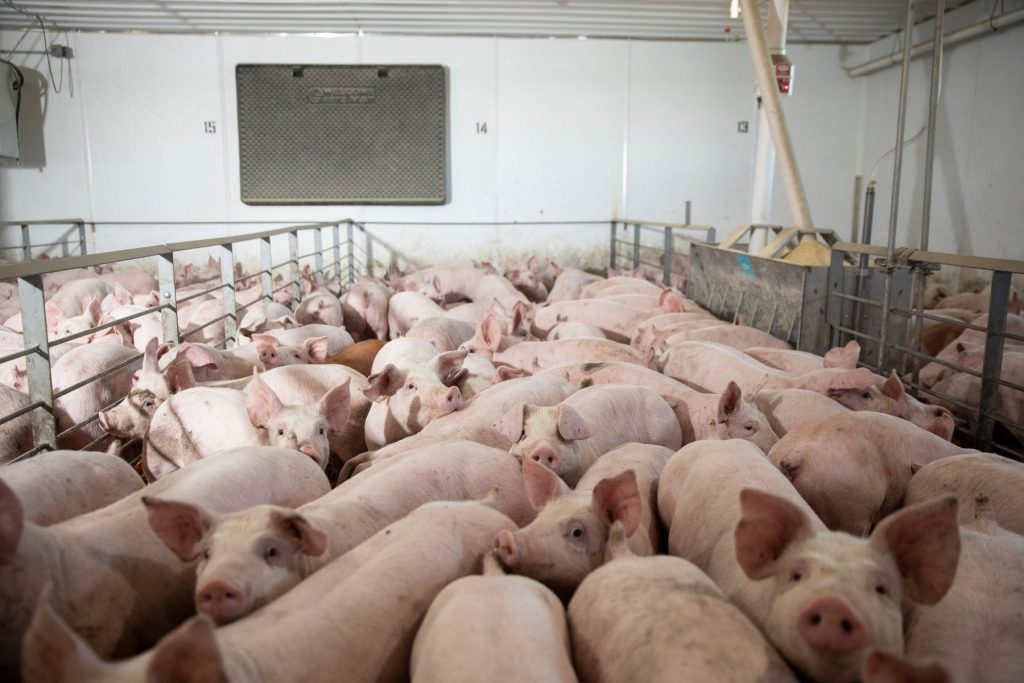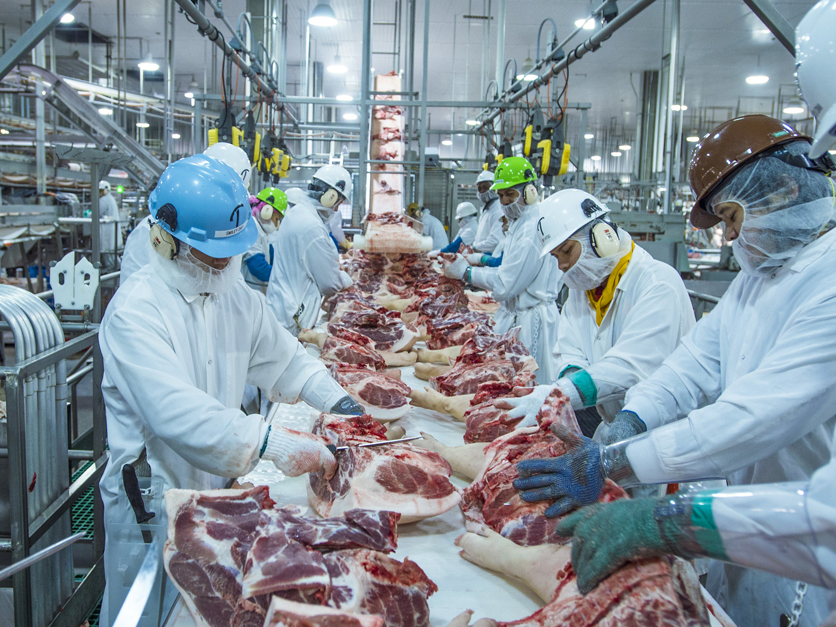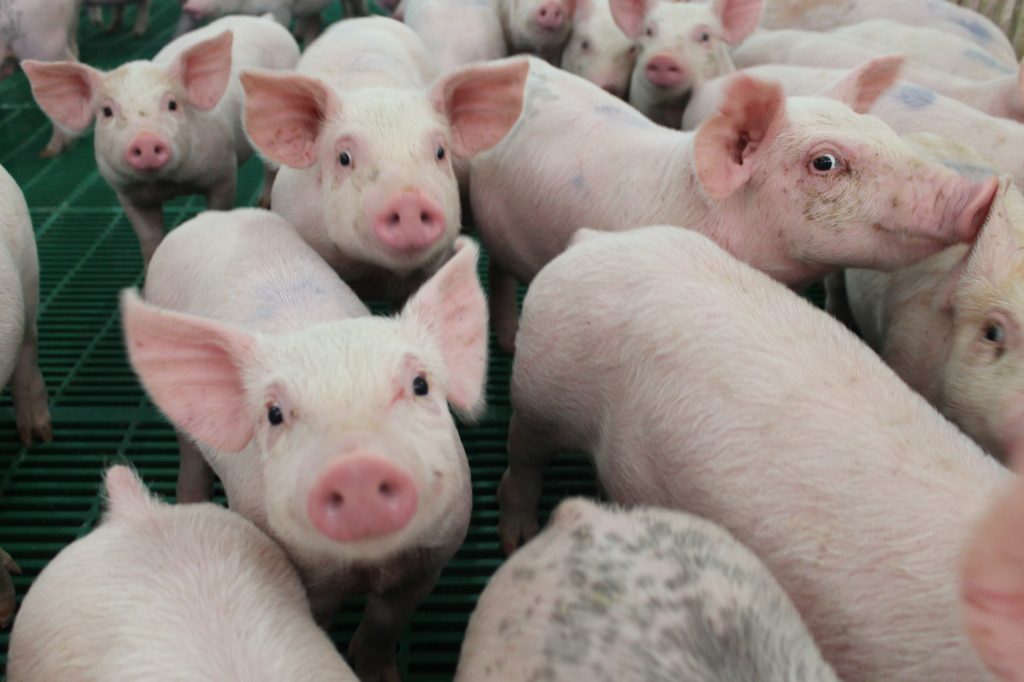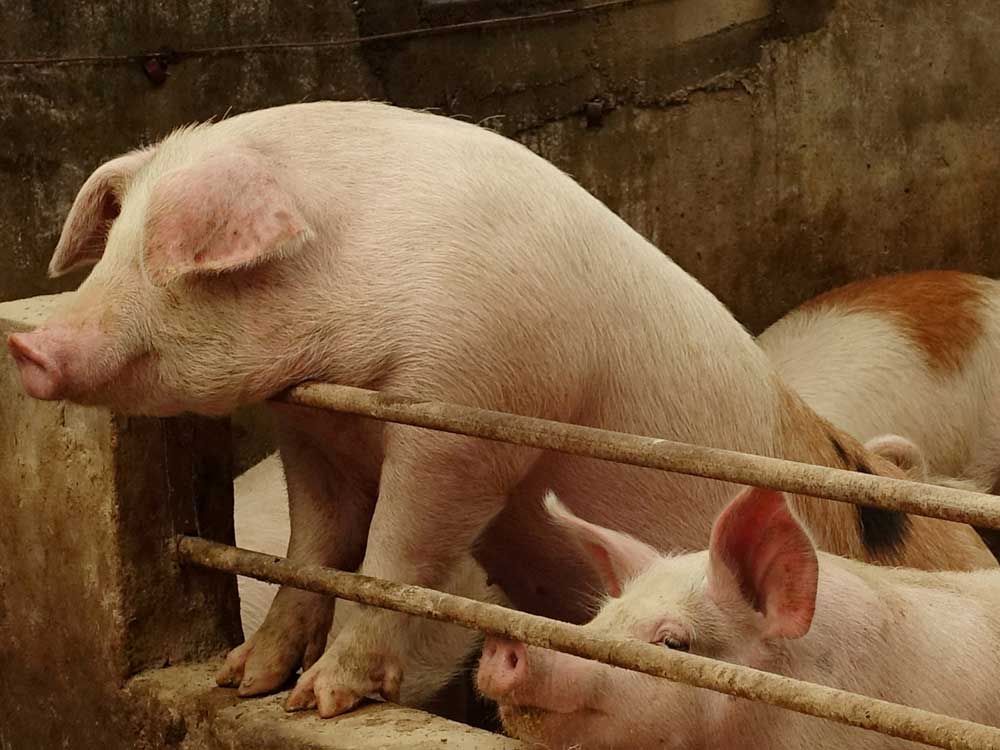As Covid-19 continues to rage on in the United States, the efficiency with which some industries operated on and have backfired.
The pork industry is the next victim, after we have already reported on how dairy farmers were dumping milk because it couldn’t be processed.
Unfortunately, whereas milk can simply be dumped away, taking care of extraneous pigs means that the swines will have to be euthanized. Industry insiders say that up to 10 million pigs may have to be euthanized in the US alone.
Hog farmers explain that they have no other choice as pork processing plants around the country have grind to a halt because of the global pandemic. The Food & Environment Reporting Network reported that thousands of workers have tested positive for the novel coronavirus.
For hog farmers, the lack of operating pork processors caused an unprecedented bottleneck of pigs in their farms. One farmer told NPR that at least dozens of pigs in his farm should already have been sent to the plants, yet were still in the farm.
One expert from Purdue University predicted that the meat processing industry as a whole was only operating at 60% efficiency. This means that roughly 200,000 pigs that should have been slaughtered are kept alive, creating a massive backlog for hog farmers.
While we may think that a larger pig is higher in value, industry insiders explain that hogs that weigh over 300 pounds actually have little to no economic value. Many pigs reach this size within 6 months after their birth. Most meat processing plants do not have the equipment to slaughter hogs that are over 300 pounds.
With nowhere to sell the pigs that are ready to slaughtered and confined resources, hog farmers around the country are considering for the first time about mass euthanasia. One farmer explained that even when they tried to slow down the growth of the pigs, it proved futile in the end.
Furthermore, a euthanasia of this scale brings many problems as well. For instance, there remains the disposal of hundreds if not thousands of 300 pound swine carcasses. One viable option is to dispose them in landfills, but that would be no easy task in these times.
The pervasive effects of Covid-19 really do surprise us. Share your thoughts on this story with us, and be sure to follow us on Facebook for more news like this one.
Replaced!


